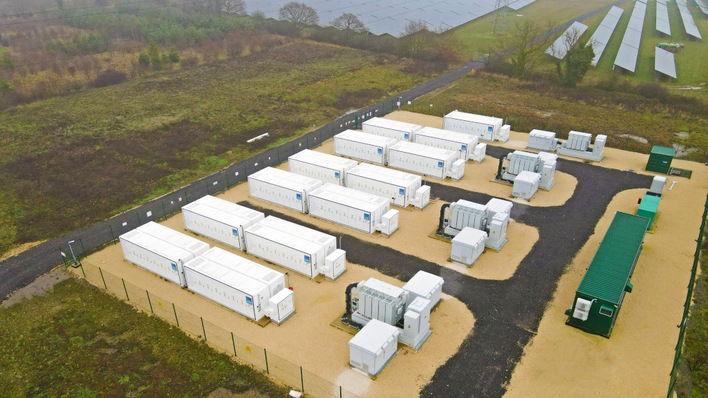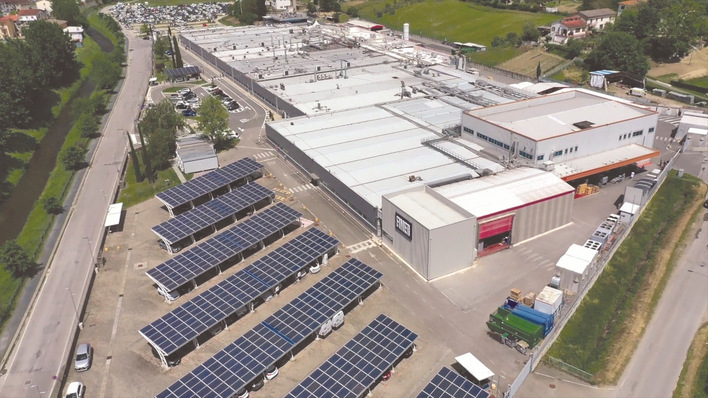They are risky, and because of the higher operating temperatures, efficiency is also rather unfavourable. The large plastic cells may be cheap but can be a Molotov cocktail with timed fuse.
Some witnesses reported
Anyone who has witnessed such a lithium cell overheat, swell up (from the electrolyte in the interior evaporating), burst from the cell body and explode, will take such details seriously. Lead cells are robust and inert, whereas lithium cells are sensitive. They show extreme reactions to excessively high temperatures, to incorrect charge currents as well as overcharge or undercharge.
Built-in monitoring systems
Therefore, modern storage systems have a built-in system for monitoring temperature and voltage in each lithium cell. The battery is protected against overvoltage or short circuit by multiple redundant relays. It will reliably shut down when the operating conditions get out of hand. (HS)
Look at this, too:
Storage advice: The larger the cells the higher the risk for burning
Stay informed, get our newsletter twice a week: Register here.







